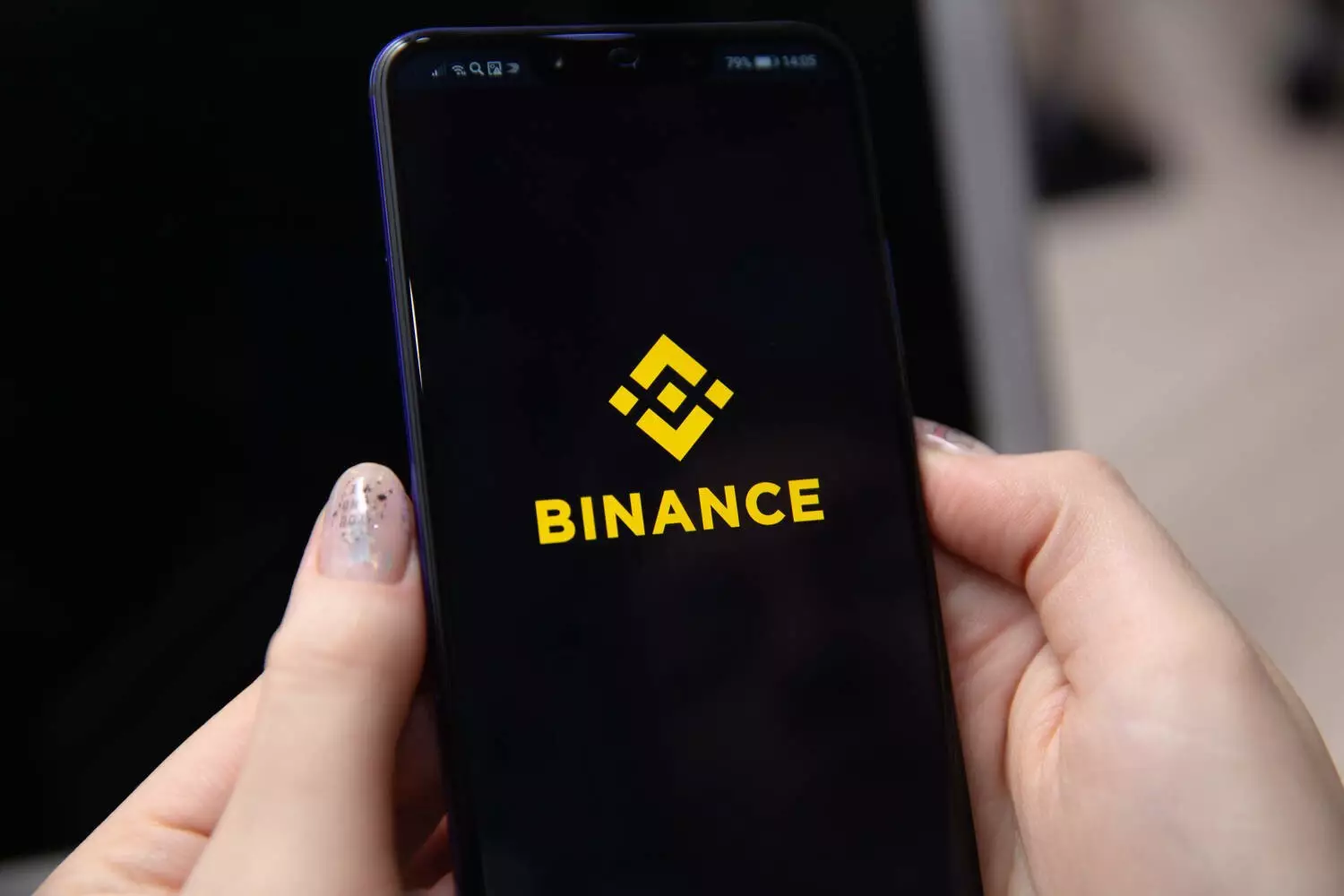Binance, one of the leading cryptocurrency exchanges in the world, recently faced criticism for its association with five Russian banks under sanctions. The Wall Street Journal (WSJ) raised concerns about potential sanctions violations, as Binance appeared to endorse these banks as transfer options for ruble fund transfers. With the US Justice Department investigating possible breaches, the exchange found itself in a complex legal predicament. This article delves into the details of Binance’s involvement with these sanctioned Russian banks and the implications it has faced.
The WSJ report, published on August 22, highlighted Binance’s operational connections in Russia, particularly with banks like Tinkoff and Rosbank that are under Western sanctions. Screenshots and chat messages provided by users seemed to illustrate the exchange’s active role in peer-to-peer ruble-to-digital asset transactions with these banks. The report also noted significant ruble trade volumes on Binance, raising further eyebrows about its compliance with sanctions.
In response to the allegations, Binance vehemently denied any affiliation with the sanctioned Russian banks. A spokesperson for the exchange stated that Binance follows global sanctions rules and enforces restrictions on blacklisted individuals, organizations, entities, and countries. The company emphasized its commitment to denying access to the Binance platform for such actors. However, the report’s findings and supporting evidence seemed to contradict Binance’s claims.
Local news sources reported on August 23 that Binance had removed the sanctioned banks from its payment methods. However, it was discovered that coded terms were used to represent the banned banks. “Yellow” symbolized Tinkoff, while “green” represented Rosbank. The report by the WSJ on August 25 stated that the sanctioned banks had indeed been taken off the list. According to a Binance spokesperson, the removal was in response to the discovery that account holders were using the service to circumvent sanctions.
Binance has faced several legal challenges throughout the year. In February, the US Securities and Exchange Commission (SEC) filed a lawsuit against the exchange, accusing it of violating federal securities laws. The involvement of Binance in facilitating fund transfers for Russian citizens raised concerns and added to the legal complexities. Furthermore, both the European Council and the United States have imposed sanctions on Russian banks like Tinkoff and Rosbank due to Russia’s actions in the Ukraine conflict. These sanctions prohibit any ruble transfers from Russian entities to foreign bank accounts or for currency conversion.
In light of the economic and financial sanctions imposed by the West, Russian citizens have turned to cryptocurrencies as a means of circumventing the restrictions. They exchange rubles for stablecoins, which are then converted into fiat currencies. The WSJ specifically highlighted Binance as a preferred choice for such transactions in the region, further raising concerns about the exchange’s compliance with sanctions.
Binance’s connection to sanctioned Russian banks has brought it under scrutiny from regulators and the media. Despite the exchange’s denial of any affiliation, evidence suggests otherwise. The removal of these banks from the payment methods is a step towards remediation, but the shadow of potential sanctions violations still looms. As Binance continues to navigate the legal challenges it faces, it must ensure strict compliance with sanctions and international regulations to maintain its reputation as a trusted cryptocurrency exchange.


Leave a Reply